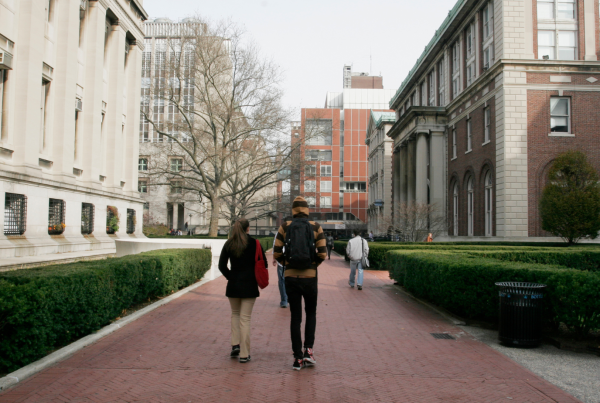by Ethan Currie
A very common topic of conversation with many of our students right now – including freshman, sophomores, and juniors – is what to do with their summers. As always, there are lots of priorities to balance: some rest and relaxation after a rigorous year of high school, travels with family and friends, summer camps, summer jobs, and maybe even some volunteering. A very common question we get during these conversations is what does all this mean for college applications?
Colleges have long taken extracurriculars and other non-school activities into account, and, for many universities, their importance only seems to be growing. Many students find summers to be a great time to pursue those interests in even deeper or more creative ways, from taking on community service projects or writing a travel blog during a family trip, to taking summer courses or getting involved in research at a local university. Here are some more ideas to consider when thinking about your own summer:
- UW Madison hosts different summer programs for high school (and middle school) age students, including some residential learning programs that can give students a sense of what independent college life is actually like. This program also just announced that they would be extending the application period until May 15th. Here is a link where you can learn more: https://precollege.wisc.edu/
- Sticking with summer coursework for a moment, companies like Coursera and edX offer lots of different types of virtual classes in fields ranging from computer science and programming to philosophy of science. They also offer different certificates that can be great to show colleges how invested you are in pursuing the fields that interest you.
- Summer jobs can be a great way to stay busy and involved in the community – and you can earn money while doing it! When I was an admissions counselor at UW Madison, I always liked to see when a student had some kind of employment history, because it sent a strong signal that the student was likely responsible, mature, and independent enough to handle the transition to college life.
- Think about your passions – are you interested in environmental conservation? Maybe contact a local Parks Department and see if they have any ongoing projects to remove invasive species and ask if you could volunteer. Interested in business and/or marketing? Maybe contact some local businesses to see if they have a social media strategy or even any accounts – if not, make a pitch and see if they like your suggestions. Interested in writing, politics, or contemporary events? See if a local paper or publication accepts letters or articles from the public and brainstorm ideas to pitch. You get the idea: think about your interests and what platforms or organizations might be available to you from which to get involved. Your passion really should be the guide – colleges can often tell when an activity was done, basically, just for the application.
- Think about other resources you may have – relationships with teachers, counselors, religious leaders, coaches, tutors, etc etc, may be good places to initiate conversations to see what opportunities might be out there. Sometimes something as minor as a book suggestion on a topic you’re interested in can lead to interesting projects or new passions. Maybe you have an interest in the medical field and a family friend happens to work in a hospital. See if they’d be willing to let you shadow them for a day or longer. If anything, maybe you learn that your future might lie in another direction!





